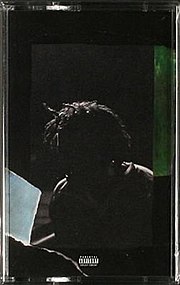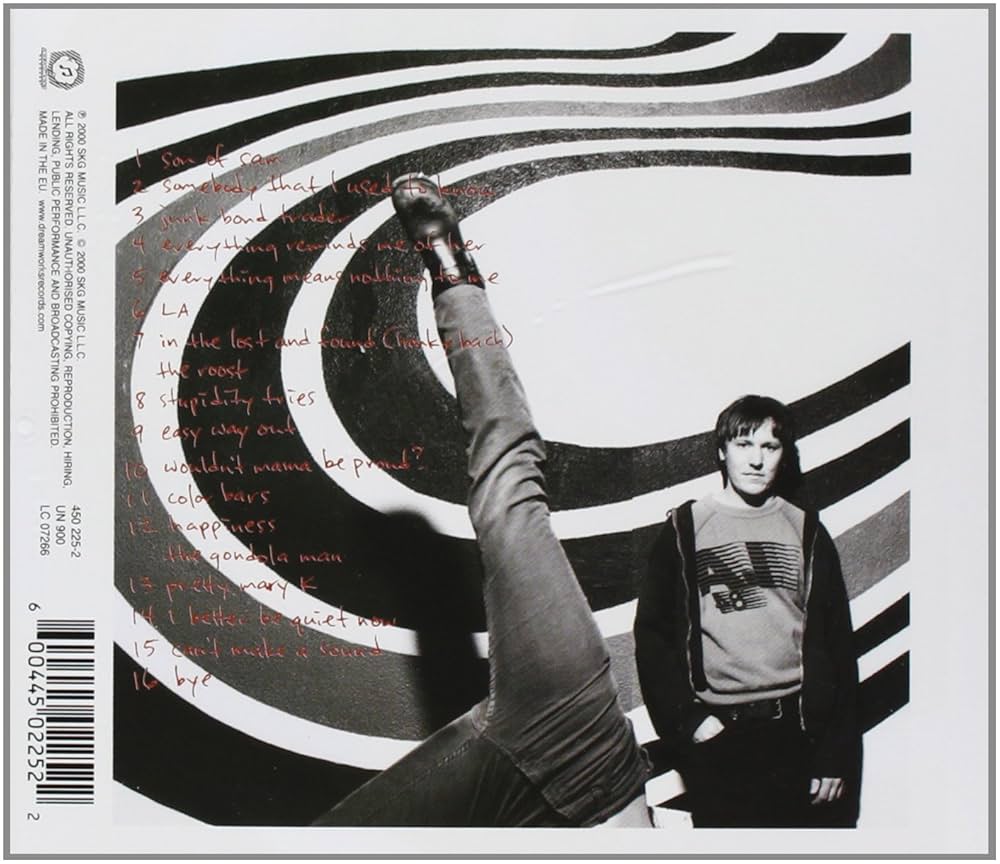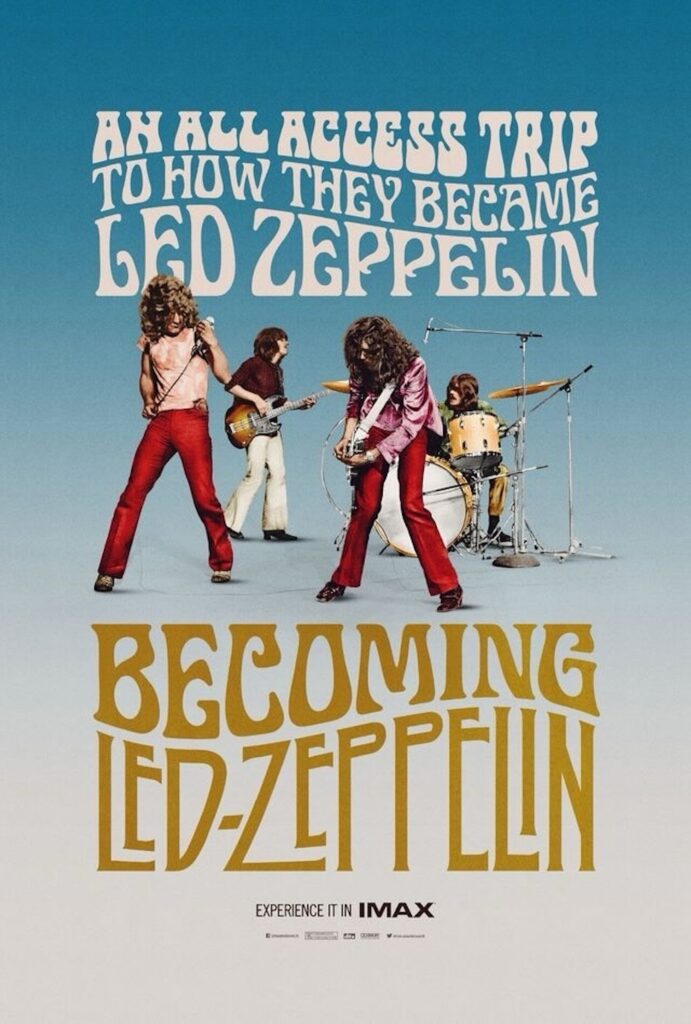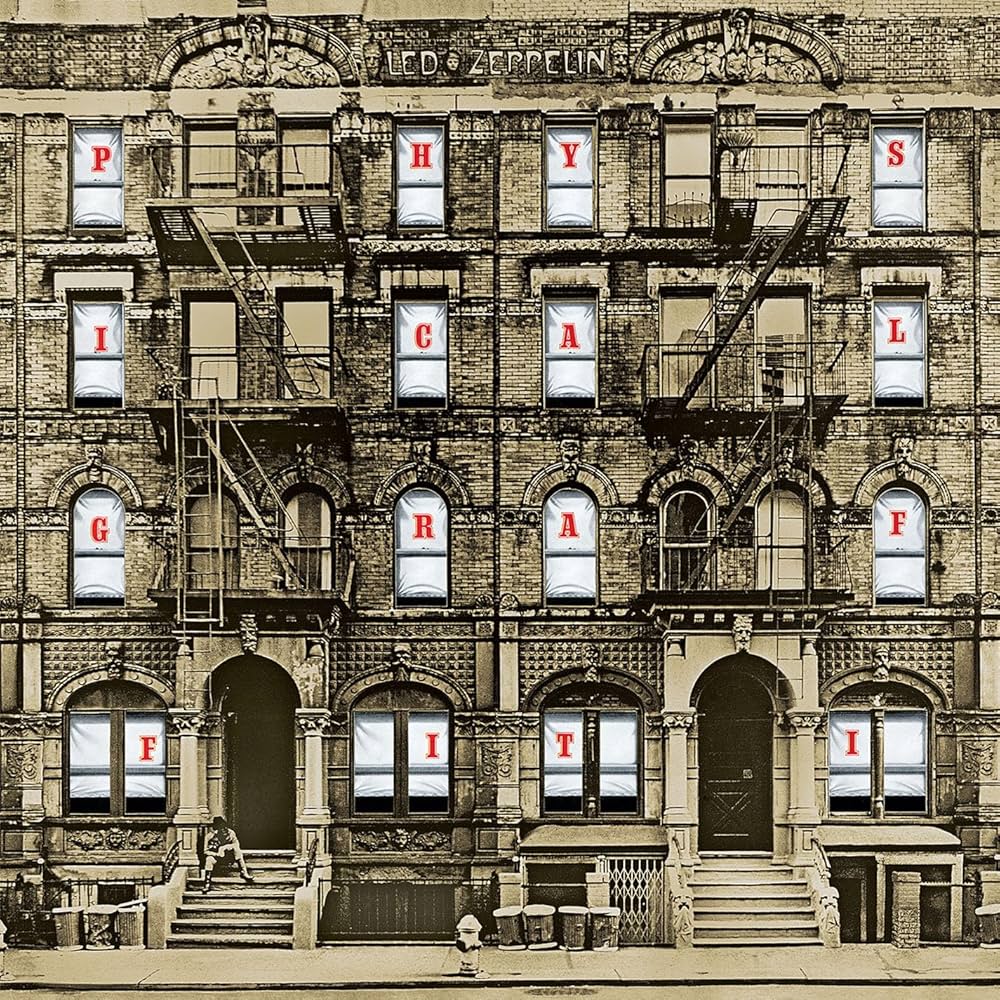Picture this: a website where anyone can write their own film reviews. It’s not IMDb. It’s also not Rotten Tomatoes. According to many high schoolers, this site is far from rotten.
By now, you may have guessed that I am waxing lyrical about Letterboxd. The amateur film review website/app was launched in 2011, by two New Zealanders who wanted to make a “Goodreads for film.”
For some reason (likely pandemic-sourced boredom), Letterboxd became ubiquitous in recent years. It is now a “global social network for grass-roots film discussion and discovery,” according to itself. And it’s free! What’s not to love?
My katabasis began with visiting Letterboxd itself. The site’s features seem useful. Users can display the posters of their four favorite films in their profile. Other amenities include a watchlist, the ability to write starred or unstarred reviews, and being able to follow your friends.
Users can also make lists of films (e.g. “Movies About Robots”). They can like or comment on others’ reviews, and block people they don’t like (though the block feature is apparently not very effective, as the blocked person can still see the blocker’s account).
Some of these features may sound familiar. Yes, Letterboxd is a social media platform. However, its focus on logging and reviewing films differentiates it from other sites, for better and for worse. Many of the Letterboxd users I’ve spoken to have a positive view of the site. After all, it lets people connect with each other over cinema and discover movies they wouldn’t have learned of otherwise. It gives people an outlet to share their opinions.
Letterboxd provides the dopamine hits of regular social media, while motivating people to watch more films. To me, this sounded markedly better than Twitter or Instagram. However, as with any other social media platform, there are negative sides to the Letterboxd experience.
On each film’s review page, I noticed that the reviews were sorted in descending order by popularity. The popular reviews, e.g. the ones with the most likes, were usually short quips. They often referenced memes, and many of the writers were presumably well-known internet personalities.
Of course, there were plenty of other widely viewed reviews that discussed their writers’ thoughts on the film. There was a lot of interesting analysis going on there. However, those longer essays were never quite as popular as the single-sentence reviews.
The distant possibility of having one’s review ascend to these echelons undoubtedly adds a layer of motivation to the average Letterboxd user’s activity. Many people understandably use social media to be perceived and to feel liked, without any of the baggage of real life. Letterboxd provides a vision of just how popular they could become if they make their reviews pithy enough.
It initially struck me as ironic that a film reviewing platform would prioritize humor over film analysis. However, it makes sense that a social media site would dangle the idea of popularity in its userbase’s face. The idea of sharing one’s thoughts to the world isn’t enough. People want to know if their thoughts are seen and agreed with.
I delved further into the trenches of film nerd discourse. As it turns out, some people like sharing their opinions on popular Letterboxd reviews, creating an amusing nesting doll of discord. Apparently, the quippy popular reviews are contributing to the death of sincerity and genuine thought in the film world.
Yet another group argues that short, funny reviews aren’t hurting anyone, and that the people who claim they do are pretentious snobs with no sense of humor. The polarizing debate made me wonder if I really should have agreed to write this article. Clearly, I was in too deep.
I can see merit in both arguments, but each feels off in its own way. Is it elitist to claim that the short meme reviews favored by “the people” have no thought behind them? Is it anti-intellectual to claim that wordier and/or more critical reviews are “harshing the vibe?” Probably.
The discourse is merely another iteration of an argument that’s been around for centuries. There’s always a large group of people (“the people”) fighting the perceived snobs. With the added backdrop of a film review website, it becomes extremely difficult to discern if someone is genuinely pretentious, or whether people are just saying that because they voiced an unpopular opinion.
And if this weren’t all headache-inducing already, there’s also the all-too-common group mentality of social media to think about too. If a Letterboxd user hated a movie that everybody else loved, or vice versa, they may subconsciously convince themselves that maybe they just have bad taste in movies.
I believe that you can enjoy a film and also be aware of its negative traits. There is no such thing as a perfect movie, because everyone has their own opinion on what that entails. Convincing yourself that no criticism of your favorite piece of media is valid seems ridiculous to me, as does bothering people over the kind of review they wrote.
Of course, there’s more to Letterboxd than groupthink and arguing. Many of the Letterboxd users I know use it to share their actual thoughts on a movie, whether or not those thoughts conform to the popular consensus.
After looking into Letterboxd, I realized that most movies can’t be compartmentalized into a few stars. Starred ratings are a necessary evil in professional film criticism, but on amateur platforms like Letterboxd, they’re optional.
Also, there’s yet another thing to consider: Letterboxd may distract people from the films they’re watching. A common phenomenon I heard about entails watching a film and thinking, “How am I going to write about this on Letterboxd?”
I don’t think it’s a bad thing to want to communicate your thoughts on a movie. Yes, thinking about Letterboxd could distract some people from the experience of watching the film. But the pressure of putting their writing in a public forum could incentivize them to really think about their own opinions. It could help them develop their taste in film and look into how techniques like dialogue and cinematography can improve an audience member’s experience.
A lot of the downsides of Letterboxd can be avoided if you’re able to use the internet in moderation- which is difficult, but gets easier with practice. Ultimately, the site is a tool that can be used however you want. It’s possible to maintain a balance between logging some films and keeping your thoughts private with others.
Will there ever be an ideal platform for amateur film criticism, without the pressure of other people and the temptation to log everything you watch? Maybe keeping a private film diary is the solution. It may not be as fun as Letterboxd, but it offers a lot of the same features, only even more personalized.
High school is a time when many people develop their film tastes. That can lead to arguing and ostensible pretentiousness, but it can also lead to connection and interesting discussions. Letterboxd is sometimes divisive, but on a smaller scale, it brings people together over a shared interest. It all comes down to how you use it.







